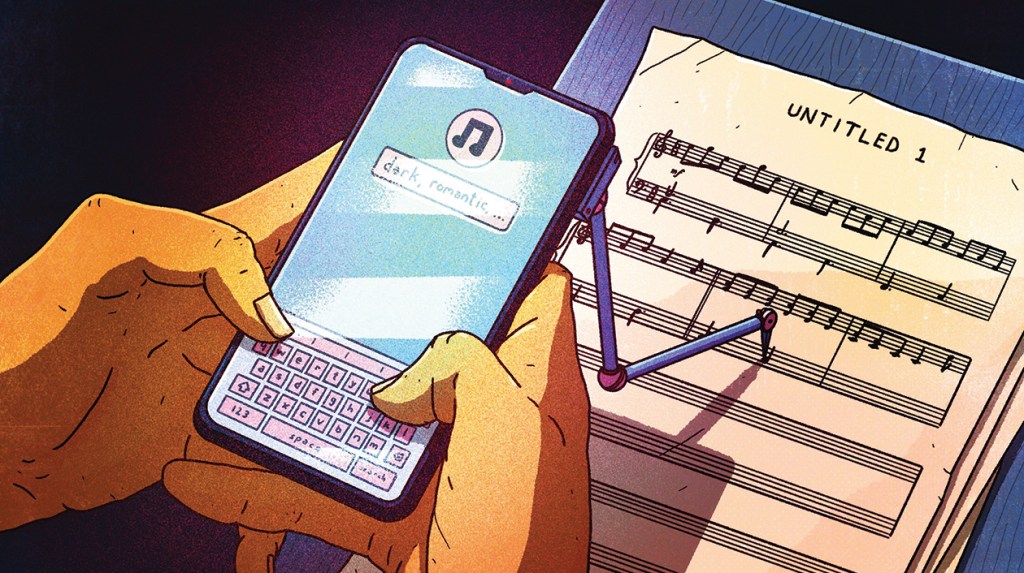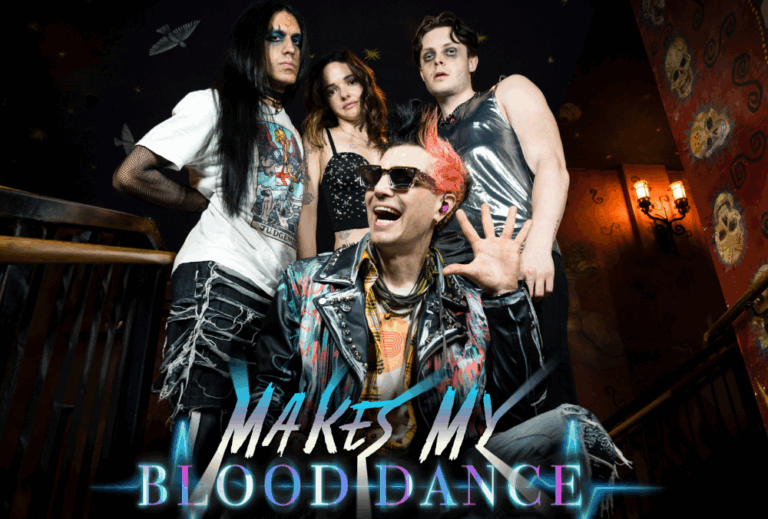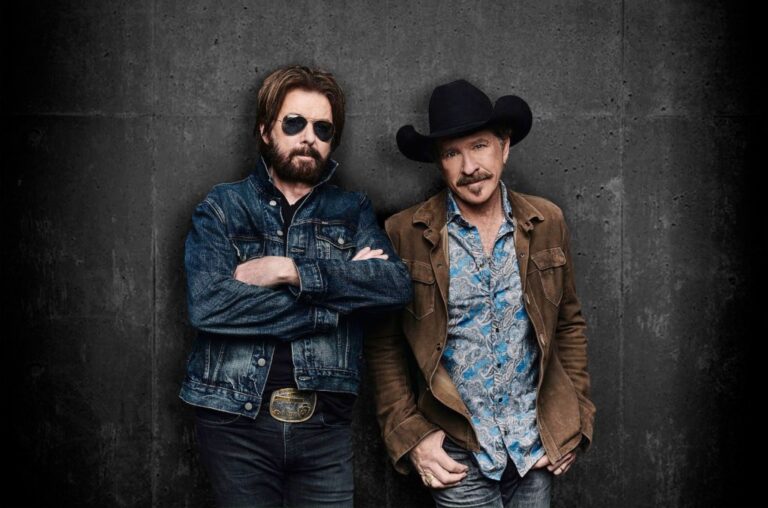Writing and playing a song once required some level of musical training, and recording was a technically complex process involving expensive equipment. Today, thanks to advances in artificial intelligence, a growing number of companies allow anyone in the world to skip this process and create a new song with a click of a button.
This is an exciting prospect in Silicon Valley. “It’s really easy to get investment in that sort of thing right now,” Lifescore co-founder and CTO Tom Gruber says dryly, “because everyone thinks that genAI is going to change the whole world and there will be no human creators left.” (Lifescore offers “AI-powered music generation in service of artists and rights holders.”)
Recently, however, some executives in the AI music space have been asking: How much do average users actually want to generate their own songs?
Trending on Billboard
“For whatever reason, you’re just not seeing an extreme level of adoption of these products yet among the everyday consumer,” notes one founder of an AI music company who spoke on the condition of anonymity. “Where’s the 80 to 100 million users on this stuff?”
“My hunch is no text-to-music platform will have decent retention figures yet,” says Ed Newton-Rex, who founded the AI music generation company Jukedeck and then worked at Stability AI. “It’s a moment of magic when you first try a generative music platform that works well. Then most people don’t really have a use for it.” So far, the most popular use for song generation tools appears to be making meme songs.
While there are hundreds of companies working on genAI music technology, the two that have generated the most headlines this year are Suno and Udio. The former recently announced that 10 million users have tested it in eight months, while the latter told Bloomberg that 600,000 people tried its song generation product in the first two weeks. Neither company said how many of those testers became regular users. Compare this with ChatGPT, which was estimated to gain 100 million weekly users within two months. (Though there’s chatter that growth is leveling off there, too.)
It’s early for many of these AI song generation companies, of course. That said, executives who work at the intersection of music and artificial intelligence keep wondering: How can tools that spit out new tracks on command help users?
“You can end up with a really cool tech that doesn’t really solve a real problem,” Gruber notes. “If I want something that sounds like a folk song and has a clever lyric, I’ve already got all I can eat on Spotify, right? There’s no scarcity there.”
Part of the reason for ChatGPT’s explosion, according to Antony Demekhin, co-founder of Tuney, is that it “clearly solves a bunch of problems — it can edit text for you, help you code.” (Tuney develops “ethical music AI for creative media.”) Even so, a recent multi-country survey from the Reuters Institute noted that for ChatGPT, “frequent use is rare… Many of those who say they have used generative AI have only used it once or twice.”
Within the subset of survey respondents who said they have used generative AI for “creating media,” “making audio” was the ninth most popular task, with 3% of people engaging in it. The Reuters Institute’s survey indicates that generative AI tools are more commonly used for email writing, creative writing, and coding.
“How many ‘non-musicians’ actually wanted to create music before?” asks Michael “MJ” Jacob, founder of Lemonaide, a company developing “creative AI for musicians” (around 10,000 users). “I don’t think it’s true to say ‘everyone,’ as tempting as it may be.”
Another factor that could be holding back AI audio creation, according to Diaa El All, founder and CEO of Soundful, is the number of competing companies and the difficulty of judging the quality of their output. (Soundful, which bills itself as “the leading AI Music Studio for creators,” has a user-count “in the seven figures,” El All says.) Mike Caren, founder of the label and publishing company Artist Partner Group, believes that many people will try an AI song generator “that’s not that good, have a bad experience, and not come back for six months or a year.”
The uncertain regulatory climate almost certainly inhibits the spread of AI song-making tools as well. For now, in the U.S., there are open questions about the copyrightability of AI generated tracks, potentially limiting their commercial value.
In addition, these programs need to be trained on large musical data-sets to generate credible tracks. While many prominent tech companies believe they should be allowed to undertake this process at will, labels and publishers argue that they need licensing agreements.
In other sectors, AI companies have already been sued for training on news articles and images without permission. Until the rules around training are clarified, through court cases or regulation, “corporate brands don’t want any of the risk” that comes with opening themselves up to potential litigation, explains Chris Walch, CEO and co-founder of Lifescore.
AI music leaders also believe their song generation technologies still suffer from a bad reputation. “I think the tech-lash and the stigma is really unexpected and very powerful,” the company founder says.
OpenAI CEO Sam Altman recently discussed this on the The All-in Podcast: “Let’s say we paid 10,000 musicians to create a bunch of music just to make a great training set where the music model could learn everything about song structure and what makes a good catchy beat,” he said. “I was kind of posing that as a thought experiment to musicians, and they’re like, ‘Well, I can’t object to that on any principled basis at that point. And yet, there’s still something I don’t like about it.’” (So far, OpenAI has steered clear of the music industry.)
While the average civilian’s interest in AI song generation remains unproven, plenty of producers and aspiring artists, who are already making music on a daily basis, would like to test products that spark ideas or streamline their workflow. That’s still a large user-base — “the global total addressable market for digital music producers alone is about 66 million,” according to Splice CEO Kakul Srivastava, “and that continues to grow at a pretty rapid pace” — though it’s not the entire world’s population.
“We were all talking about how artists are screwed, because that’s a dramatic story,” Demekin says. “To me, what’s more likely is these tools just get integrated into the existing ecosystem, and people start using it as a source for material like a Splice,” which provides artists and producers sample packs full of musical building blocks.
Caren believes the AI music tools will be taken up first by musicians, next by creators looking for sound in their videos, then by fans and “music aficionados” who want to express their appreciation for their favorite artists by making something.
“The question of how far it penetrates to people who are not significant music fans?” he asks. “I don’t know.”




